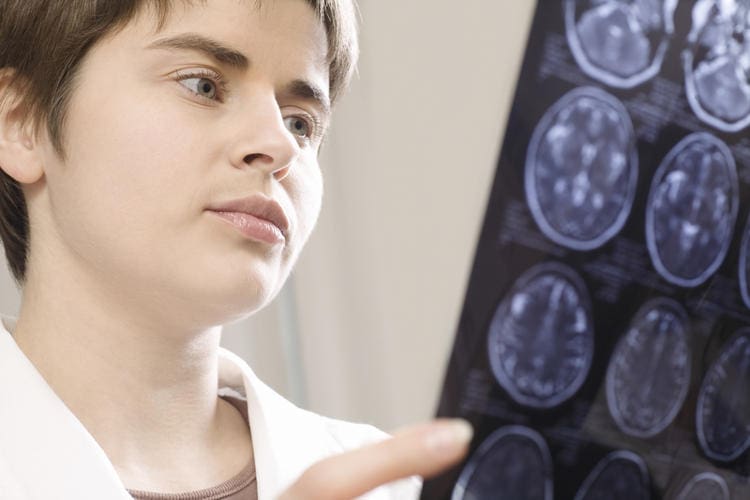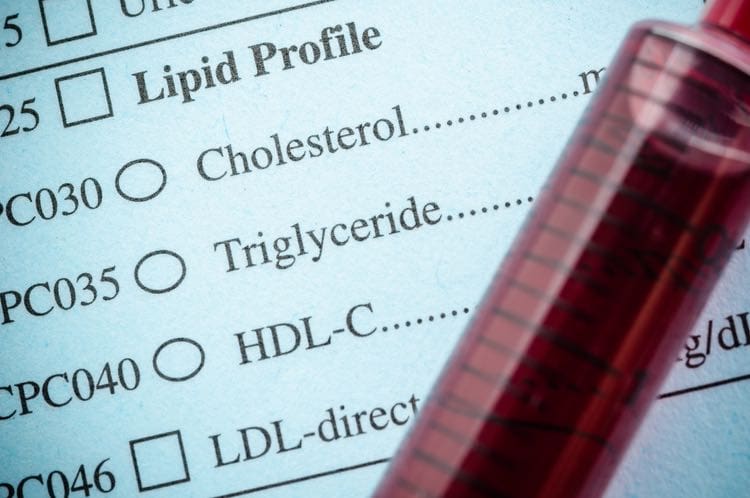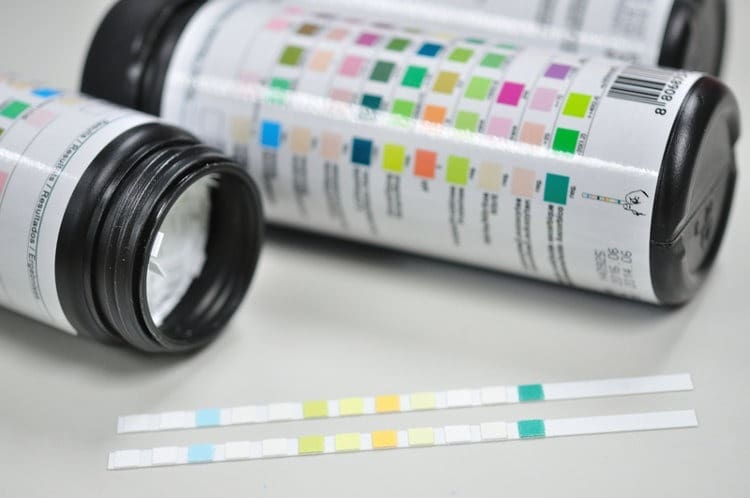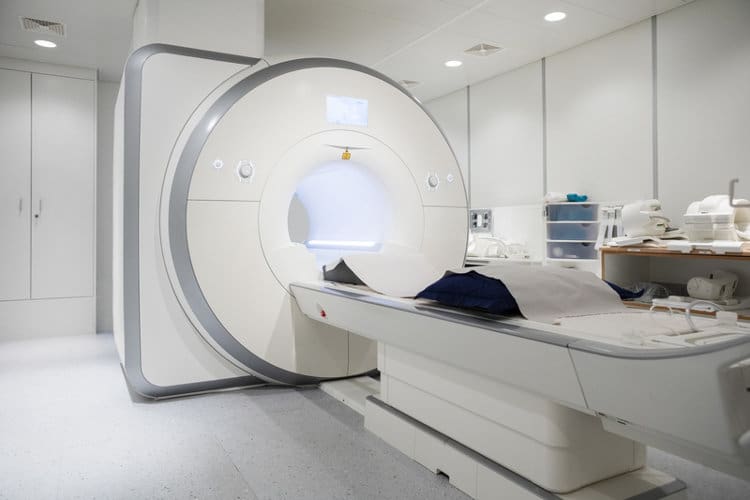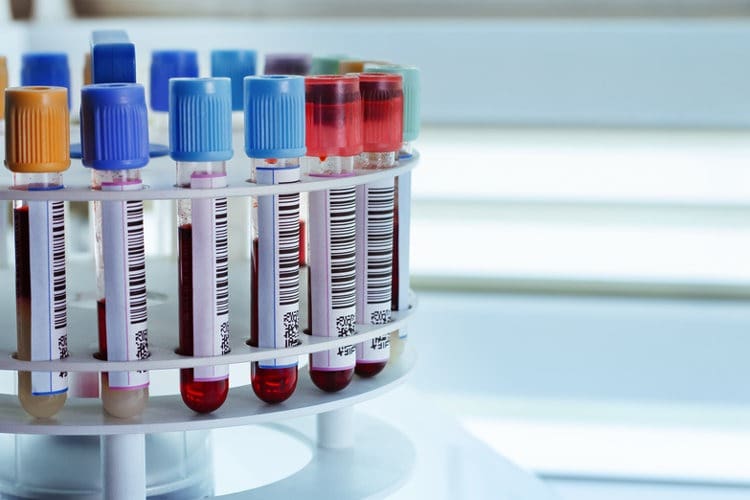A CT scan is a sophisticated X-ray that takes a 3-dimensional picture of any part of the body using a computer.
health checks
Helicobacter pylori test: simple test for stomach germ
Helicobacter pylori infection of the stomach can be diagnosed using several different tests, including a breath test.
Cholesterol tests
Abnormally high cholesterol levels may not give you any symptoms, so a blood test is the best way to check whether you have high cholesterol.
Electrocardiogram – ECG
An electrocardiogram is a medical test, commonly called an ECG or EKG, that uses a machine to measure and record the electrical activity in the heart.
Lung function tests
Lung function tests, or pulmonary function or breathing tests, can show how well your lungs and airways are working, help diagnose respiratory conditions and monitor the response to treatments.
Diabetes and urine glucose monitoring
Urine glucose monitoring was previously used to monitor glucose (sugar) levels in diabetes, but has been replaced by blood glucose monitoring. However, urine glucose tests may occasionally be done in some circumstances.
MRI scan: magnetic resonance imaging
An MRI (magnetic resonance imaging) scan gives detailed images of the inside of the body. MRI uses strong magnets, low-energy radio waves and a computer.
Prostate specific antigen (PSA) tests
A PSA test measures the amount of prostate specific antigen in the blood. Find out about the risks and benefits of PSA screening.
Full blood count (FBC)
A full blood count (FBC) is a common blood test that measures the number and status of different blood cells, such as red cells, white cells and platelets.
Coeliac disease: tests
There are several tests available in Australia, including blood tests, gene tests and biopsy of the small bowel, that can help diagnose or rule out coeliac disease – a disease that affects the bowel.

